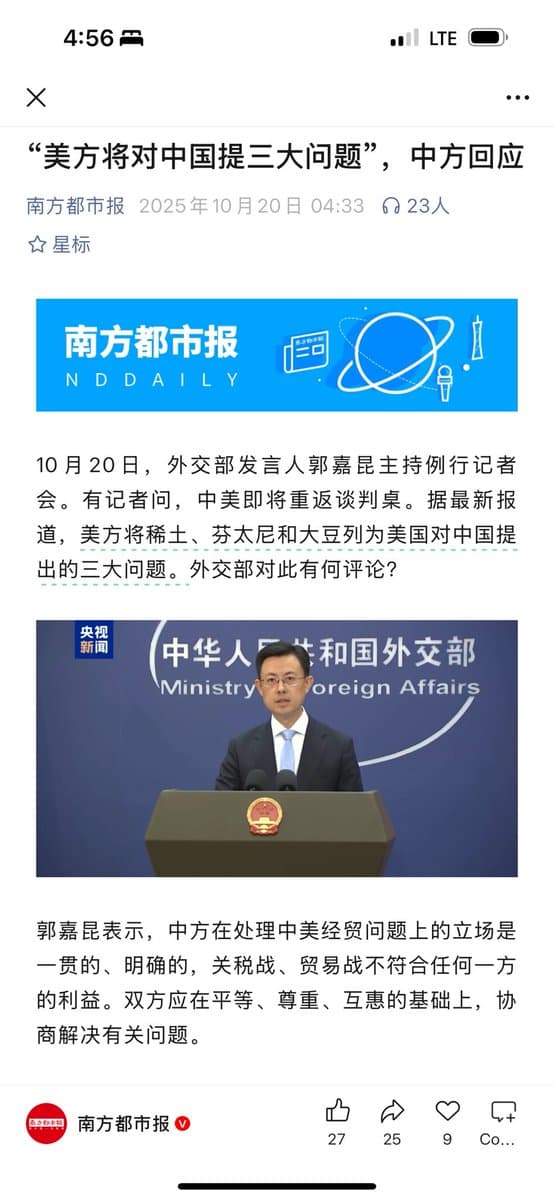US-China Fentanyl Cooperation Faces Significant Measurement Challenges, Analyst Suggests

Liqian Ren, a Director of Modern Alpha at WisdomTree Asset Management and a specialist in China market analysis, recently expressed skepticism regarding the potential for a substantial US-China agreement on fentanyl. In a social media post, Ren observed, "> If US-China is leading the deal with fentanyl, then unlikely to be a big negotiated deal." She further elaborated that the issue's inherent difficulty to measure makes it "easy to claim victory even when what’s actually got done is small."
Ren's analysis comes as the United States and China have resumed efforts to combat illicit fentanyl and its precursor chemicals. This renewed cooperation was announced in November 2023 following a meeting between President Joe Biden and Chinese President Xi Jinping, leading to the establishment of a working group focused on information sharing and law enforcement collaboration. The move was seen as a step towards addressing a critical public health crisis in the U.S.
Despite these diplomatic overtures, significant obstacles persist, echoing Ren's concerns about the measurability of progress. Experts from various policy organizations have highlighted deep-seated challenges, including a lack of mutual trust, divergent national interests, and China's historical reluctance to fully acknowledge its role in the global supply chain of precursor chemicals. These factors complicate the verification of enforcement actions and impede sustained, effective collaboration.
China has implemented strict domestic controls on fentanyl and its analogues, classifying all related substances as controlled within its borders. However, the primary difficulty lies in regulating the export of precursor chemicals, which often have legitimate industrial applications. The U.S. Institute of Peace notes that inconsistent enforcement and the ability of illicit manufacturers to circumvent controls, frequently by shipping these chemicals to Mexico for final production before entering the U.S., further exacerbate the problem.
The complex nature of the global fentanyl crisis, coupled with ongoing geopolitical tensions between the two superpowers, makes it inherently difficult to track and quantify the true impact of any negotiated agreements. As Ren suggests, the challenge of objectively measuring success means that any breakthroughs claimed in US-China fentanyl cooperation may face scrutiny regarding their actual scope and effectiveness in curbing the flow of illicit drugs.